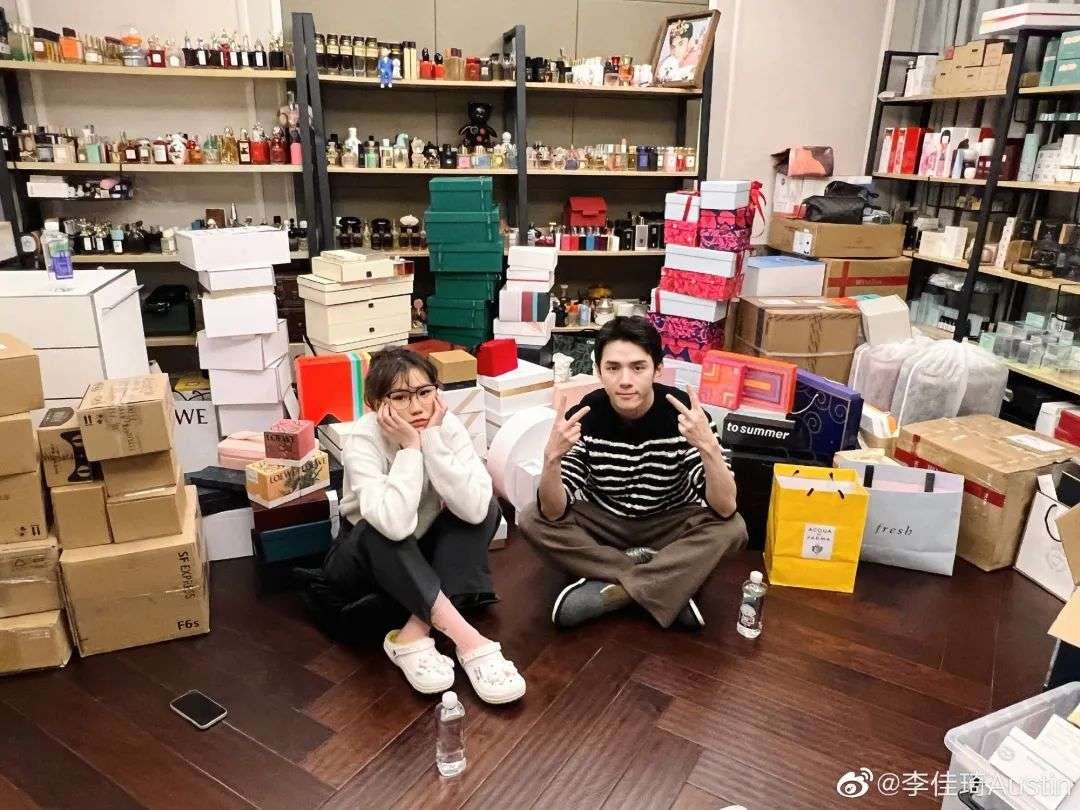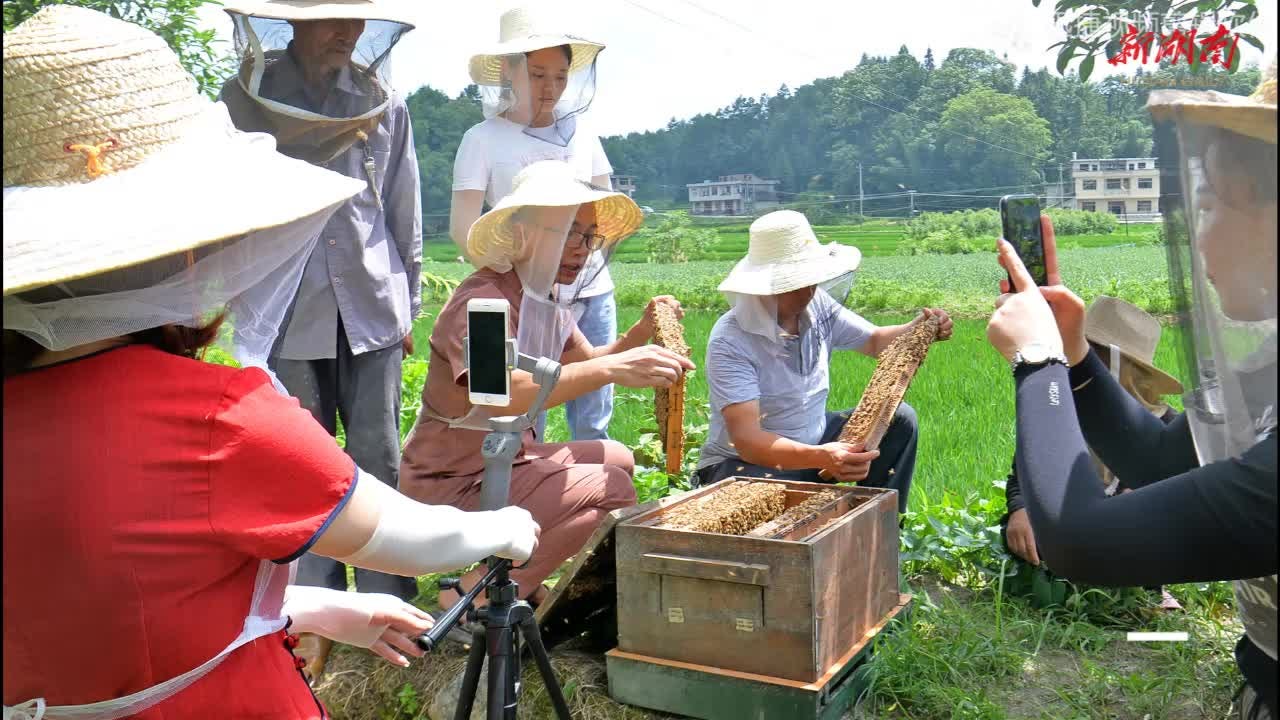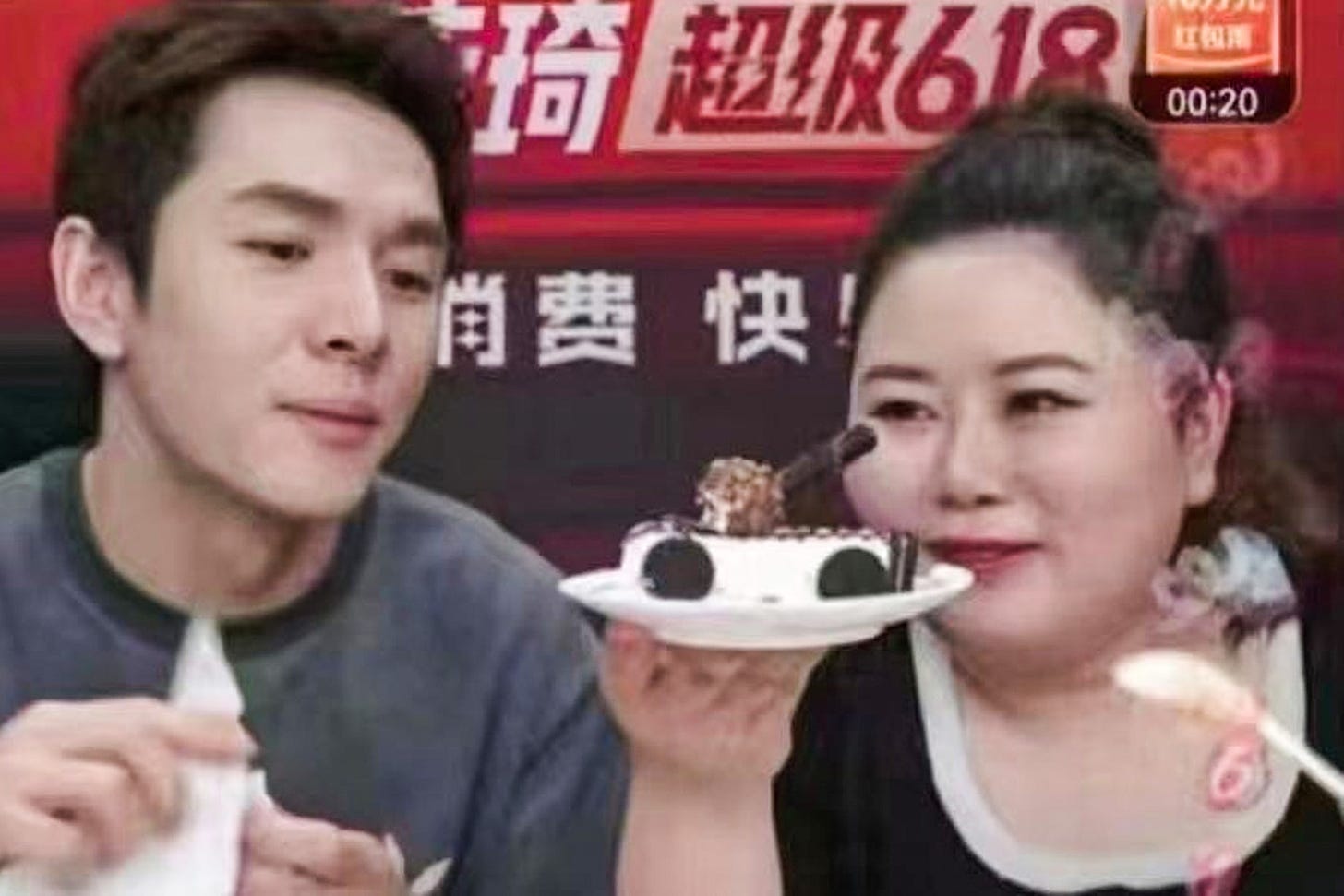Hi there. Welcome to Active Faults.
We talked about Chinese athletes’ quasi-celebrity status in the last issue. A major giveaway of this status of theirs is their fame-selling (带货) potential, namely the ability to boost the sales of certain items simply by being seen with them. Sina Sports had conclusively branded Quan Hongchan as the King of Fame-Selling (带货王) throughout the Paris Olympics, driving 11 products onto the Weibo hot searches including “ugly fish slippers” and “tortoise keychain”.
Today, let’s do a pat-down of livestream sales and fame-selling.
With how interwoven it is now with herculean profits and A-listers in entertainment, you wouldn’t think that livestream sales started, over at Kuaishou around 2018, as a grassroots thing. It was to benefit sellers in the primary sector by maximising the exposure of their agricultural goods, mostly found in remote regions out of reach of urbanite consumers. Livestream selling almost had a magnificently socially conscious vision then, gearing itself to potentially eradicate all middlemen on the supply chain between the producer and the consumer except the live stream platform and transit companies. A virtual Farmer’s Market, or even the model of Substack itself: writers writing for their audience directly.
It was a novelty, an inconsequential pastime if you wanted to briefly admire the au naturale scenery of rice fields and mountains for a couple minutes while you doomscroll. Then the pandemic happened and pastimes were all we had.
Risen Li Jiaqi (李佳琦) and Wei Ya (薇娅). They were about to be my dissertation topic before Produce 101 hijacked my attention with its insanity. What I found instantly intriguing about the two most influential livestream sellers were the parasocial relationships they cultivated with their followers, as if they were modern-day idols in entertainment. I guess both of those dissertation topics would have led me to do fandom studies anyway.
The rivalling duo deliberately targeted different demographics. Li Jiaqi was your sassy (queer?) bestie at uni who’s obsessed with makeup, gushing about this new eyeliner he bought at an alarmingly low price. Wei Ya was more like the dutiful daughter-friend that women in their mid-30s to 40s might dream of having, introducing you to the latest trends and bargains with the utmost patience and compassion. Li called his viewers “sis” (姐妹们) or simply 妹妹, a younger sister, sometimes while giving dating advice and more. Wei was doing Maternity Nights (Li did them too but to a lesser extent) where the entire 3-4 hour livestream singularly consists of promotions of nappies, strollers and miscellaneous child-rearing items.
Both personae were extortionists. Sale and profit-making went through a rebrand as care-taking: I’m improving your life by selling you this because I care about you. I am deeply embedded in your day, a trusted presence who sparks joy and excitement. You can care about me and care for me by paying me. A purchase is a bonding ritual. Tried and test tricks in entertainment. During the Double Eleven shopping festival, they made a combined 1 billion RMB in raw sales.
And sure enough, like celebrities, Li and Wei have ensured their livestreams are highly responsive to viewer demands. Everything is curated to satisfy the desire of the hundreds of thousands of people who tune in every night to watch and bulk-buy, down to the set-up and the list of products promoted. If fans want a cheap deal on Estee Lauder serums, Li has got you covered.
Pan-celebrification happened on two fronts, propping Li and Wei into the spotlight but also the “cameos” around them. Li had a production team who managed and participated in the sales alongside the frontman, most notably his live stream assistant Wang Wang. She was a cheerful young woman who greenlighted the purchase link on his cue and promoted bras when Li had to step down from that segment out of courtesy (and anti-porn regulations perhaps). She provided Canned Laughter for Li and the viewers warmed up to her, seeing her as a stand-in for themselves. At the same time, there are also the likes of Su Chang, attractive, Abercrombie & Fitch-type male models demonstrating products for Li. They became known as Li Jiaqi’s “男模团” (male model idol group).

Livestream sellers used to rely on guest appearances of celebrities and their fame-selling effects, and most still do. But up until Li and Wei’s downfall, they’ve managed to tip the scale so much that there was a power reversal: celebrities entreated them to be on their livestreams and not vice versa. Everyone from award-winning actresses to the next heartthrob would partner up with a brand and promo live. Li and Wei’s live streams became a signpost for neiyu’s ever-changing tiers of influence. Making it onto their lineup was an indication of success, or the possibility of one. In times when all offline gatherings were cancelled and job opportunities shrunk for neiyu, livestream appearances were a last resort to sustain screen time and relevance.
A crackdown on both came about soon enough. 清朗行动 culled the fledgling stars in their survival reality shows. Wei got into a tax scandal and Li Jiaqi into something even more punishable: he somehow had a tank-shaped cake in a livestream scheduled right before June Fourth. The signal got cut off, and he went into a three-month hiatus without a word. I remember rejoicing at how countless started asking the really important questions. Why is the date significant? Why is a tank “too sensitive”? The comment section responds: climb over “the Wall” and search for it on YouTube. Li Jiaqi achieved the impossible without ever meaning to. The least radicalised profit-hoarder, the incidental whistleblower. It’s straight out of a black comedy.
What cemented Li’s doom, to my and others’ shock, wasn’t even the fact that he managed to educate thousands on China’s most desperately concealed crime. It was as simple as a retort of “check your salary and effort at work if you can’t afford even this” after viewers complained that 79 yuan for an eyebrow pencil was too expensive. The malice and contempt behind his albeit banterous words were truly hurtful and, frankly, moronic. His lipstick mansion in Shanghai drowned out the post-COVID shrieks of unemployment, underemployment and full-on survival struggles.

The blowback for celebrities after they dabbled in livestream selling is an unproductive association with brands, hence Capital with a capital C. Celebrity-filled neiyu is now synonymous with an exploitative, manipulative world that’s eating the working class alive. Although there is a wider trend for celebrities worldwide to embrace ambassadorships and sponsors, livestream selling unequivocally posited celebrities as advertisement puppets. They became the glammed-up face of a faceless entity that grinds people’s bones into exhaustion for their own benefit.
I reckon more neiyu house-falling would mimic Li’s, where the heart of the issue is a class one. It’s also why the livestreamers with turnover these days are more “unhinged”, life-like, down to earth. The latest kid on the block is “k总”, a Douyin livestream seller who went viral over his “reverse-selling” (反向带货), because he does not hesitate to bash the product he’s supposed to be promoting if it’s bad. This brutal honesty plus quick-witted, self-deprecating humour became refreshing and he gained over 5.57 million followers in 15 days. The overall view count was a staggering 100 million and his sales from livestreams came to about 20 million RMB.
At the peak of his virality, “k总” posted a confession on Weibo that he’d been sought after by “capital” who wanted to sign exploitative deals with him, and received death threats when he refused. He’s quitting the industry until he feels safe to battle Goliath again. A smart, grand exit that lays the foundation for a sure-fire comeback as a truly “grassroots” streamer.
Now, people like Quan Hongchan can organically fame-sell precisely because she’s regarded as disassociated from Capital. People would flock to that kind of genuine product placement that’s not trying hard at all: it’s her sharing what she likes. She doesn’t waste a single breath on well-formulated, media-trained answers, choke mansplaining reporters with “I don’t care”s and does not wait to protect her teammate when the media tries to pit them against each other. She’s a character, for sure.
At the same time, livestream selling has quite literally returned to its roots. The cast of Let’s Farm, neiyu’s agricultural reality show was going down that route in their second season, opening livestreams in the name of “助农”, helping out the farmers and the industry. I imagine that a lot of nationalist agenda would be slipped into their “口播” (concise product descriptions that the live streamer has to read out) as they associate sales with nation-(re)building and poverty alleviation. Fans of the cast complied and helped out because of “十个勤天”, but you probably know what happened later already. Real farmers like these ones interviewed by the New York Times are disappearing into the void.








